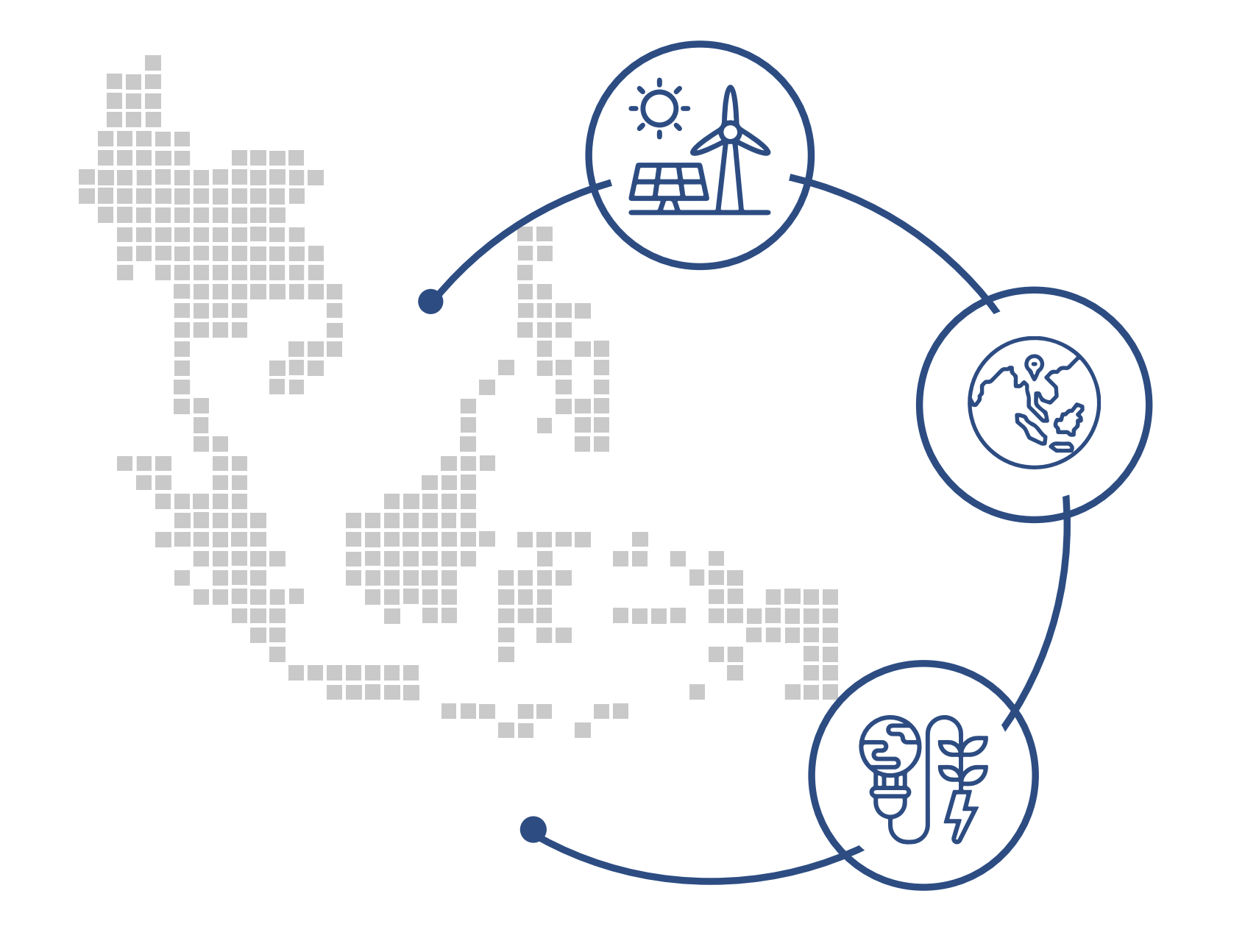Key messages:
- Fiscal measures will be an important part of countries’ efforts to mitigate GHG emissions and mobilize climate financing to deliver their Nationally Determine Contributions (NDCs) under the Paris Agreement.
- Revenues mobilised through fiscal reforms can be used to support investments in sustainable energy, clean technologies and adaptation capacities; and leverage investments from global climate funds and the private sector for climate action.
- There are a variety of fiscal measures, which can be deployed to financial mechanisms for climate financing at the project level, the instrument level (i.e green bonds) and the system level.
- More than 100 countries have included some form of fiscal policies in their NDCs, including carbon pricing initiatives, reforms to fossil fuel subsidies, fiscal measures in the transport sector, subsidies and incentives for renewable energy, clean technology and energy efficiency.
- By reflecting externalities in prices, carbon pricing and other fiscal measures are an important part of the policy mix needed to shift behaviour towards low-carbon activities, reduce pollution, improve health and address climate change.
- Fiscal reforms can support more efficient use of limited public resources by ensuring expenditure reaches intended beneficiaries and is coherent with national and international commitments.






